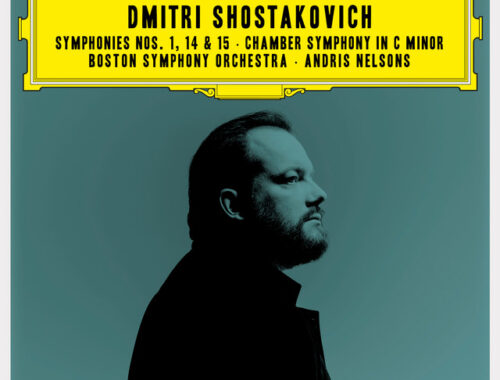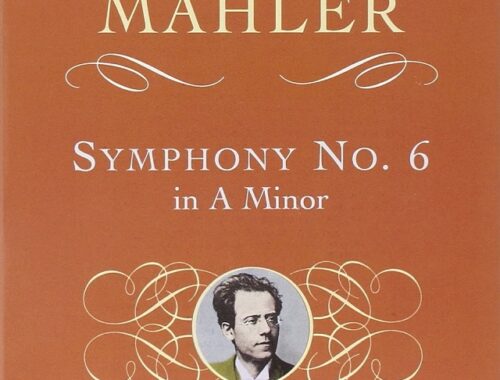GRAMOPHONE Review: Mahler Symphony No. 2 – Czech Philharmonic Orchestra/Bychkov
 The character of this reading – and it does not, alas, confound expectations – is clearly established at the outset: cellos and basses incisive but hardly seismic, the rhythms crisp, even clipped, the emerging funeral processional more modest in scale and softer grained in colour, cast and texture than I imagine Mahler might have hoped. Hard to rekindle the shock of the new of a late 19th century work in the 21st century, I know, but suffice it to say that there can be no fudging of the extremes.
The character of this reading – and it does not, alas, confound expectations – is clearly established at the outset: cellos and basses incisive but hardly seismic, the rhythms crisp, even clipped, the emerging funeral processional more modest in scale and softer grained in colour, cast and texture than I imagine Mahler might have hoped. Hard to rekindle the shock of the new of a late 19th century work in the 21st century, I know, but suffice it to say that there can be no fudging of the extremes.
With the first movement’s second subject (and especially the ‘shy’ misty reprise – very beautiful) Bychkov draws touchingly on the homespun quality of the Czech Philharmonic violins signalling that the lyric qualities, the humanity, of this piece will not disappoint. But this is a cosmic ‘meaning of life’ journey and Judgement Day beckons. The ‘Funeral Rites’ of the first movement are muted, the infamous shock and awe moment of the development climax feebly wrought. Mahler asks that we land molto pesante on the first of those monstrous dissonances in such a way that the bottom all but falls out of the soundscape and the effect is for all the world is like hitting the proverbial brick wall. I will not in a hurry forget what Simon Rattle made of it at the Proms last summer.
In the name of good taste it would seem that Bychkov is on a mission to minimise the effect of all Mahler’s reckless extremes. The second movement Andante is more of a charming interlude than an uneasy part of the whole and for all the rustic character of the scherzo – Czech woodwinds in their element – surely the trio section with its close harmony trumpets implores us to relax into the moment not glide over it?
Elisabeth Kulman is affectingly pure as the still small maternal voice of faith renewed in the Urlicht – exquisite oboe playing, too. But then comes the shuddering onslaught of the mighty finale and the realisation, moment by moment, that what Bychkov and his forces are delivering is fatally underpowered. The cosmic sucker punches of more heavyweight accounts are not forthcoming: the grave-spilling percussion crescendos (which should always continue just beyond the point where we expect them to peak) go for very little, likewise the march to judgement and the nightmarish ‘offstage band’ episode which must culminate in perhaps the loudest single moment in the piece.
The softest – the heart stopping entry of the Prague Philharmonic Choir – is certainly a high point of Bychkov’s account and what follows ensures that we go rather gentler into that good night than perhaps Mahler envisaged.
Not, alas, my idea of what Mahler 2 can and should be in our troubled times and, let’s face it, there is plenty of quality choice around. I’m still hoping against hope that the Rattle Prom performance will be made available on disc.
You May Also Like

GRAMOPHONE: From Where I Sit – April 2022
25/04/2022
GRAMOPHONE Review: Shostakovich Symphonies 1, 14, & 15 Boston Symphony Orchestra/Nelsons
12/08/2021

